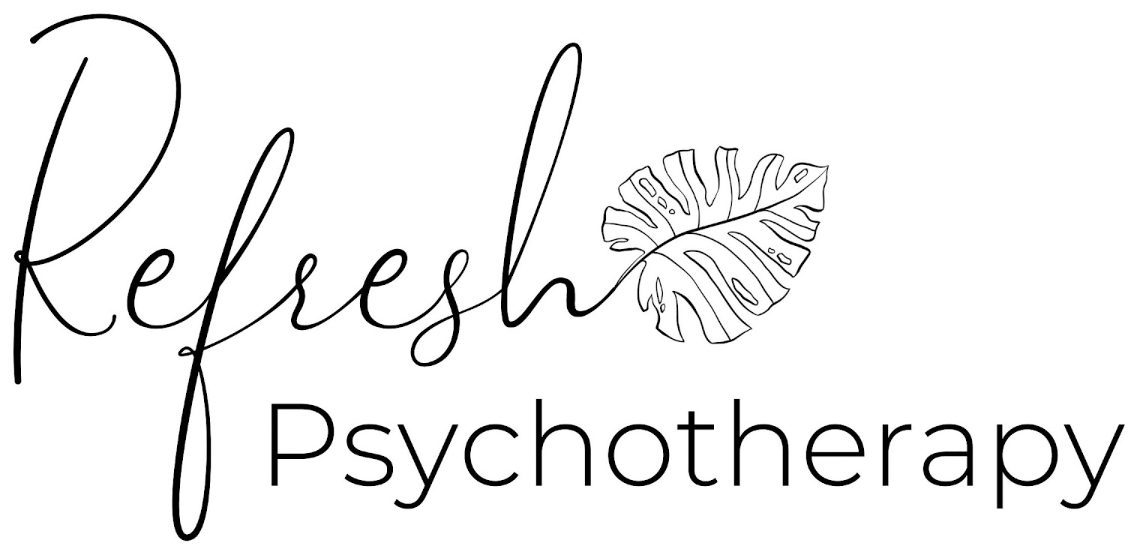5 Positive Affirmations for High Achievers
At Refresh, we work with high-achieving individuals who are committed to doing the work of therapy. Part of this ‘work’ is building confidence in yourself. High achievement does not equate to confidence, as many would assume. High achievers often feel immense pressure to continue to perform well; whether it be in their personal lives or their professional lives. Affirmations can be used to improve self-esteem and promote positive self-talk. When we strengthen those skills, it is easier to acknowledge our progress and motivate us for the future.
Our words have power, whether they are said to others or ourselves. We spend the whole day thinking (and sometimes speaking) to ourselves. Think about how you would feel if the words you said to yourself were positive. Would you have more confidence? How would it impact your self-esteem?
Below are a few affirmations that can be utilized by those who feel overwhelmed by the pressure to perform. Repeat them to yourself as needed. This can be done by writing them in a daily journal, saying them in the mirror, or any other way that feels useful to you.
- I am proud of who I have become
- I deserve to take time for myself
- I am worthy of self-care and care from others
- I am allowed to make mistakes and learn from them
- The journey towards personal growth is not always linear



